What is Residential Treatment (RT)? | How to Find Residential Treatment Near Me
- Cheree Ashley
- Medically Reviewed
Receiving care for substance abuse issues is essential when it comes to establishing and maintaining sobriety. One of the most commonly utilized forms of care in residential treatment care. Residential treatment care is recommended for those who have severe substance abuse issues and those who have co-occurring disorders in addition to their problems with addiction due to their high level of aid.
What is Residential Treatment Care?
Residential treatment care is one of the most involved types of care for those who are dealing with addiction. During residential treatment care, clients live on the treatment facility campus and take part in regular group and individual therapy sessions while also receiving any necessary medical support from health professionals onsite. Clients are also provided access to detox programs and other support programs and therapies through their residential treatment program.
The length of time clients spend in residential treatment care varies on a case-by-case basis, with treatment stays ranging anywhere from three to six months. Those who have more serious issues with addiction are typically advised to increase the length of their stay in order to get the most out of treatment.
Who is Residential Treatment Care for?
Residential treatment care is a great option for anyone dealing with substance abuse issues. This type of treatment involves the highest level of care for clients. There are some cases where taking part in residential treatment care is especially important.
Severe Cases of Addiction
People who have had long-lasting or otherwise severe cases of substance abuse often require residential treatment care. The residential treatment gives them the best chance at successful recovery, as it takes them completely out of their normal patterns of day-to-day life.
Co-Occurring Disorders
Clients with co-occurring disorders like depression, anxiety, bipolar disorder, and eating disorders are typically recommended for residential treatment care programs, as they have additional issues to work through along with their history of substance abuse. Therapists at residential treatment programs can help clients manage their co-occurring disorders to give them the best chance at sobriety.
What to Expect in Residential Treatment Care
When entering into a residential treatment care program, clients will first take part in a detoxification program, where they can rid their body of any toxins that may still be present as a result of substance abuse.
After detox, clients focus on their recovery through a variety of different therapies, including individual and group therapies, as well as a number of other therapy options that may be available depending on the residential treatment center.
Clients at residential treatment care centers are also encouraged to take part in various support groups that may be available at the treatment center, such as Alcoholics Anonymous.
Aftercare for clients may also be provided once they leave the residential treatment care center in an effort to help them transition back into their daily lives outside of treatment.
Aspects of Residential Treatment Care
One of the most important aspects of residential treatment care is the requirement that clients live on campus at the treatment facility. This change of scenery is both important and beneficial to clients for a multitude of reasons:
- Clients are able to take advantage of a change of scenery to focus on their rehabilitation journey through residential treatment.
- Possible triggers are more easily avoided when clients stay on campus; they are able to avoid people and places that may remind them of their substance abuse.
- Those who have substance abuse issues often surround themselves with people who have similar issues. Receiving treatment away from those peers increases their chance of success in sobriety.
- Clients who live on campus are able to take a break from their typical outside responsibilities like work in order to focus solely on their recovery.
- Those who attend residential treatment care centers have constant access to support from peers and health professionals.
Therapies Available Through Residential Treatment Care
There are a number of different types of therapy that are available through residential treatment care programs, and the types of therapy offered may vary from program to program. The most common therapy options at residential treatment care facilities include:
Group Therapy
Group therapies are an incredibly beneficial type of therapy available through residential treatment care. Clients are able to relate to others and provide one another with support throughout the length of their treatment.
Individual Therapy
Individual therapy allows clients to meet one on one with their therapists on a regular basis. Those who are more reluctant to talk during group therapies can benefit greatly from individual therapy. This type of therapy also allows clients to develop a personal relationship with their therapists in order to tackle the more difficult issues that may come along with substance abuse, as well as any potential co-occurring disorders.
Support Groups
Support groups are available to clients as well as therapies. Support groups like Alcoholics Anonymous can be attended even after treatment ends, helping clients to transition back into daily life outside of their residential treatment care program.
Alternate Therapies
Many different alternate types of therapy are commonly made available to clients of residential treatment care programs. These include:
- Art Therapy
- Adventure Therapy
- Holistic Therapy
- Music Therapy
These types of therapy can help clients address issues outside of the normal bounds of group or individual therapy and can promote healing in unique ways that differ from traditional therapy.
Paying for Residential Treatment Care
One of the first things people think about when looking for a residential treatment care center is how to pay for their stay. While the cost of residential treatment care programs can vary greatly depending on the facility as well as your insurance provider, rest assured that there is always a way to take care of the cost of your stay at a residential treatment care facility.
With Insurance
Those who have insurance will typically find that they are covered for their stay at a residential treatment care center under their behavioral health plan. Coverage varies from state to state and provider to provider, so the best way to determine your specific level of coverage is to speak with a representative from your insurance company directly. They will be able to give you a better idea as to your options when it comes to coverage.
Without Insurance
A lack of insurance can make covering your residential treatment care seem more intimidating, but there are still many ways to pay for your stay, even without insurance. Most residential treatment care facilities are willing to work out payment plans with their clients, with payments being made on a monthly basis. Another great option for those looking to enter treatment without insurance is to contact family and friends and ask for their assistance in covering the cost of your stay. Pooling resources together often presents solutions to cover the cost of residential treatment care.
Final Thoughts about Residential Treatment Care
Receiving treatment for substance abuse issues is incredibly important, and residential treatment care centers are one of the most popular options in California addiction treatment and recovery industry. Residential treatment centers combined with a change in location with a number of different forms of therapy to help clients achieve and maintain sobriety, allowing them to live happier and healthier lives.

When it comes to addiction treatment and recovery, Bright Future Recovery’s team delivers beyond expectation.







